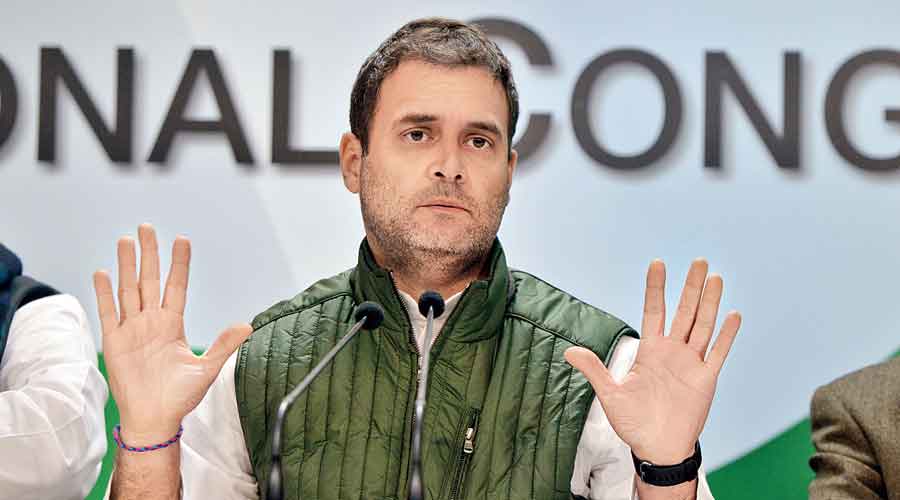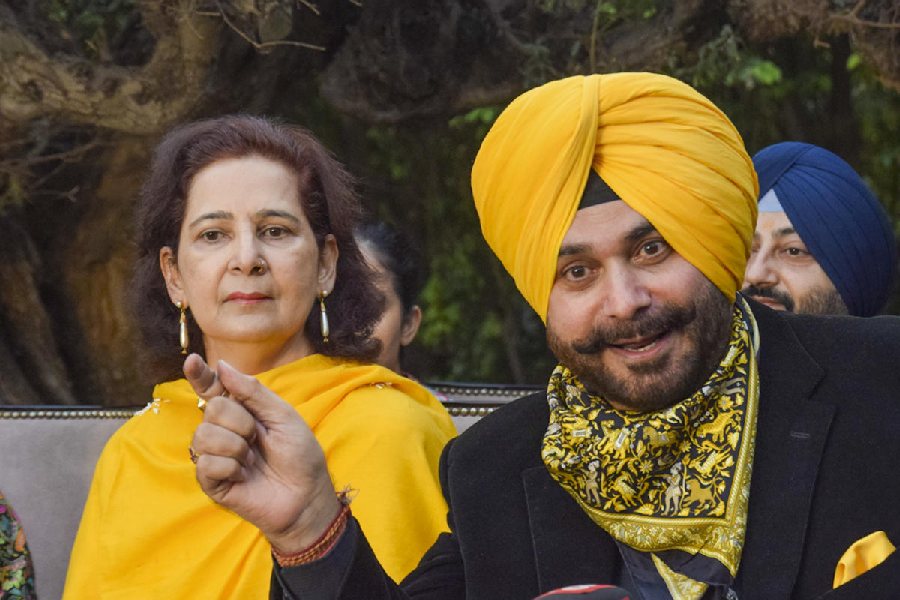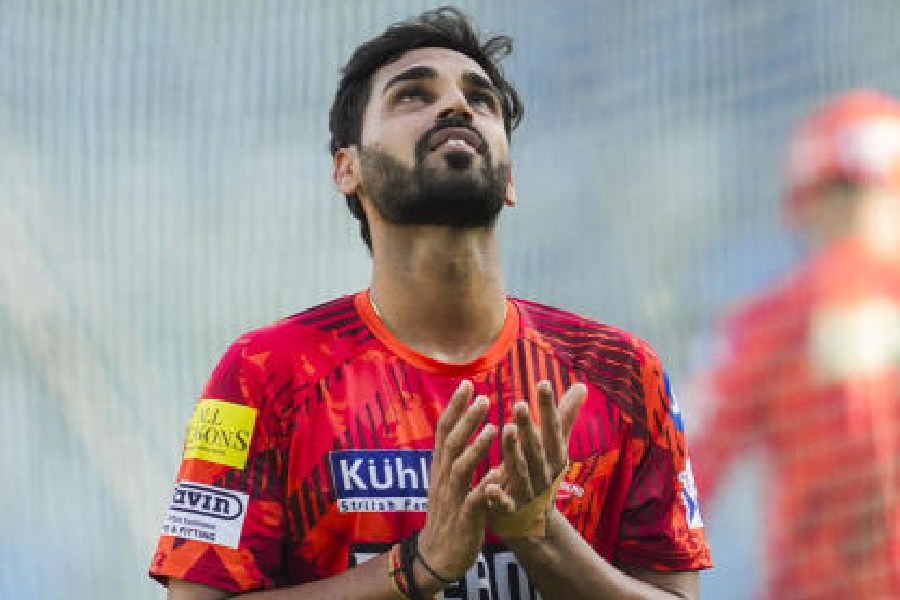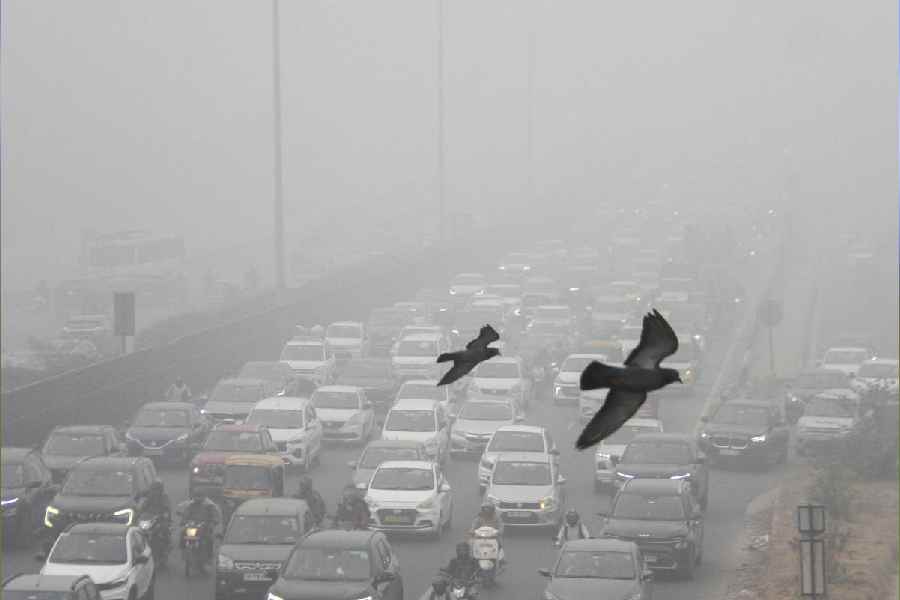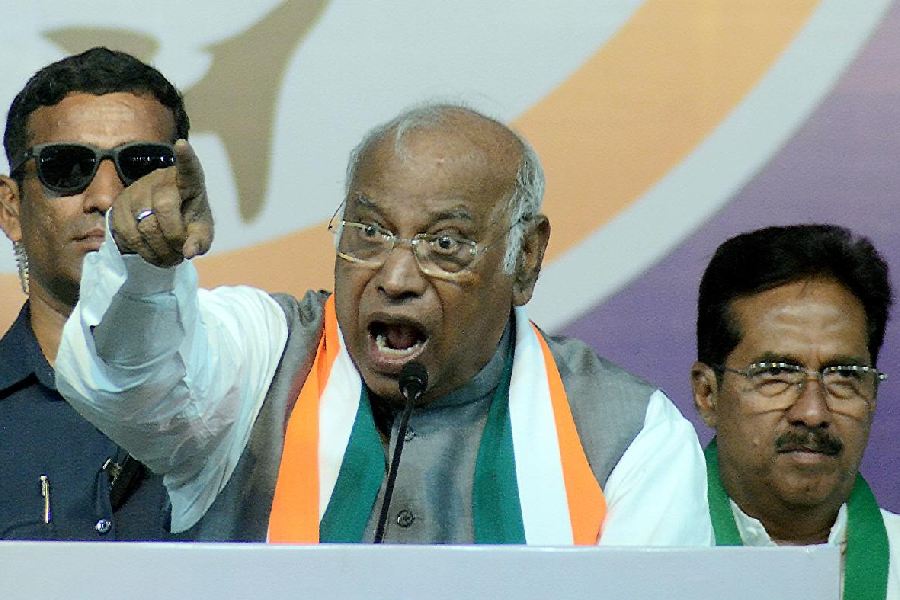The much-awaited decision on appointing a regular Congress president has been further delayed as the party’s highest decision-making body on Monday deferred the scheduled election by two-three months because of the Covid-19 crisis.
While Covid-19 is indeed a credible reason for putting off the organisational elections, there was speculation about the delay as the miserable results in the Assembly elections deepened the confusion about the future road map, blurring the possibility of Rahul Gandhi’s immediate return as the party chief.
The absence of a functional Congress chief has created an impression of a rudderless Opposition, generating much unease among friendly parties which strongly believe that a precious two years have been already squandered.
While it is difficult to prevent Rahul from taking over the reins of the party if he wants, sources revealed the young leader is himself reluctant to return without a credible reason and supportive political climate.
The party’s inability to wrest power in Assam and Kerala deepened the faultlines and feeling of discontent over Rahul’s style of functioning and the safest way was to buy time even if somebody else was to become the new chief. Even if Rahul does not want to return as chief himself, it will become difficult to impose his own choice in this hostile climate.
Though Rahul was not present at the Congress Working Commitee meeting on Monday, questions were asked about the decision-making processes in the party which is nothing but a criticism of his style of functioning.
Digvijaya Singh, who also insisted Rahul should return as the president, asked how was the decision taken to align with the AIUDF in Assam. Leaders like Ghulam Nabi Azad and Anand Sharma also argued that critical decisions should be taken after wider consultations. Bengal in-charge Jitin Prasada questioned the sagacity of aligning with the Left in the eastern state while the main battle was against them in Kerala.
The tendency to fully rely on the state leadership’s view on alliances also faced criticism. The party’s election management also came under subtle criticism with many leaders wondering why the work in poll-bound states started barely two-three months in advance and insisted that at least one year should be given for preparations. Groupism and over-confidence in Kerala were described as the primary reason for defeat in the Assembly polls after an excellent showing in the 2019 parliamentary elections.
Pramod Tewari pointed to the communication gap in the party after the demise of Ahmed Patel and Motilal Vora and asked interim president Sonia Gandhi to make immediate replacements instead of waiting for organisational elections.
On postponing the election to the post of party president, however, there was complete unanimity. Rajasthan chief minister Ashok Gehlot suggested holding the election amid Covid must be avoided and all other members, including Azad and Sharma, supported him.
Sonia herself admitted the “setbacks” in the Assembly elections were serious and “to say that we are deeply disappointed is to make an understatement”.
She decided to set up a committee to examine every aspect of election management in the five states that went to polls. The committee will be formed within the next 48 hours and submit reports to the party chief within a specific time frame.

